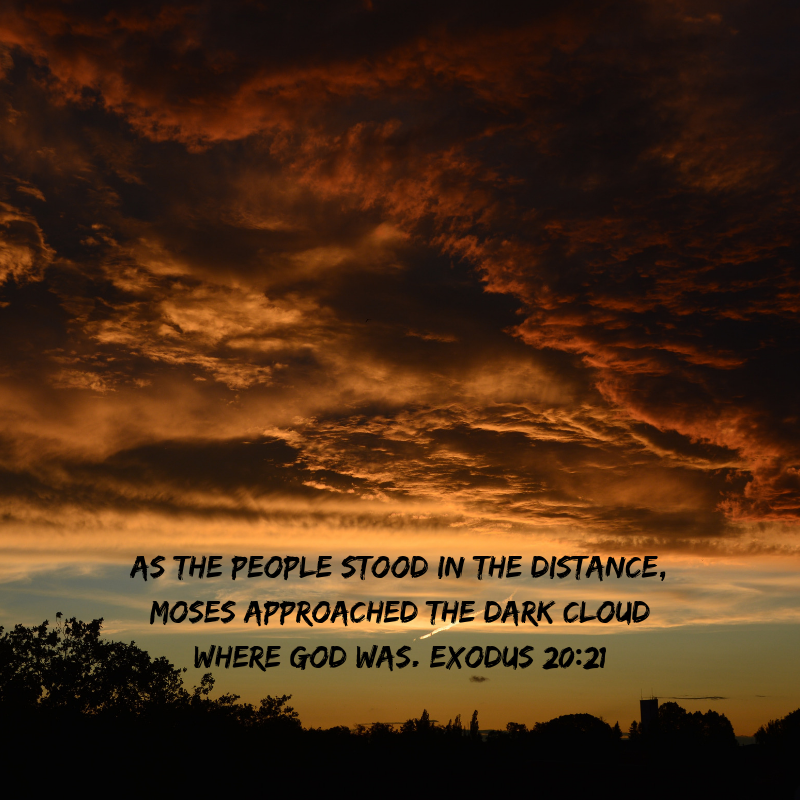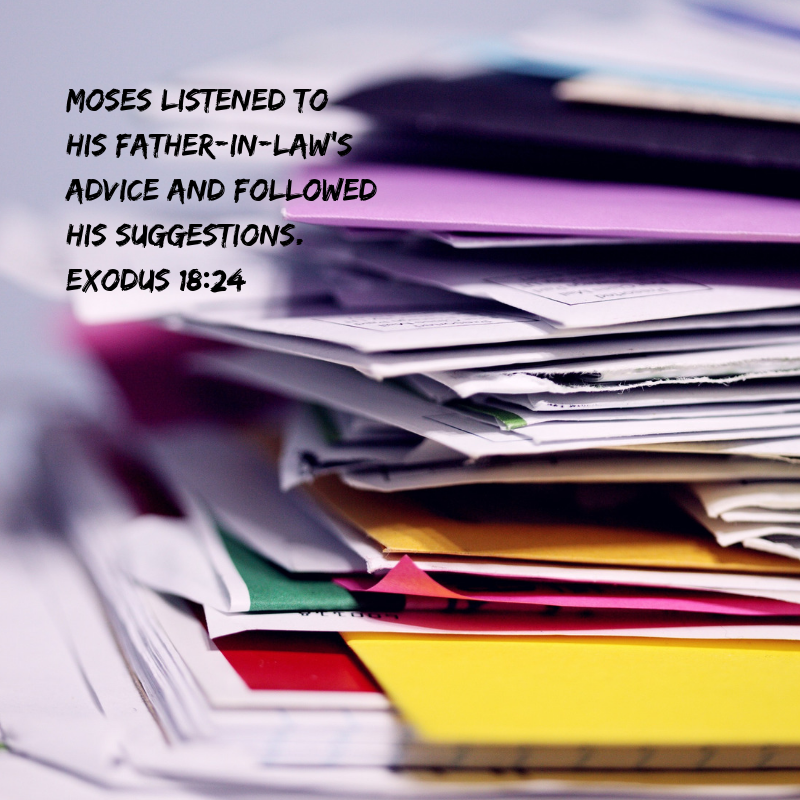Isaiah 39
I’ve been thinking about my dad a lot recently. {I would give almost anything to have a conversation with him about all that has gone on this year! I know he would have just the right perspective.} He taught me so many things—about how to live and, especially, about how to die. Most of what I learned from him wasn’t spoken, but observed. But today’s chapter made me think about an incredible lesson I learned from him shortly after he was diagnosed with Lou Gehrig’s disease. His best friend had come to visit, and he (the friend) was obviously having a hard time accepting the news. During the course of their conversation, he looked at my dad and said, “Why you?” Without a thought, my dad shrugged and replied, “Why not me?”





















